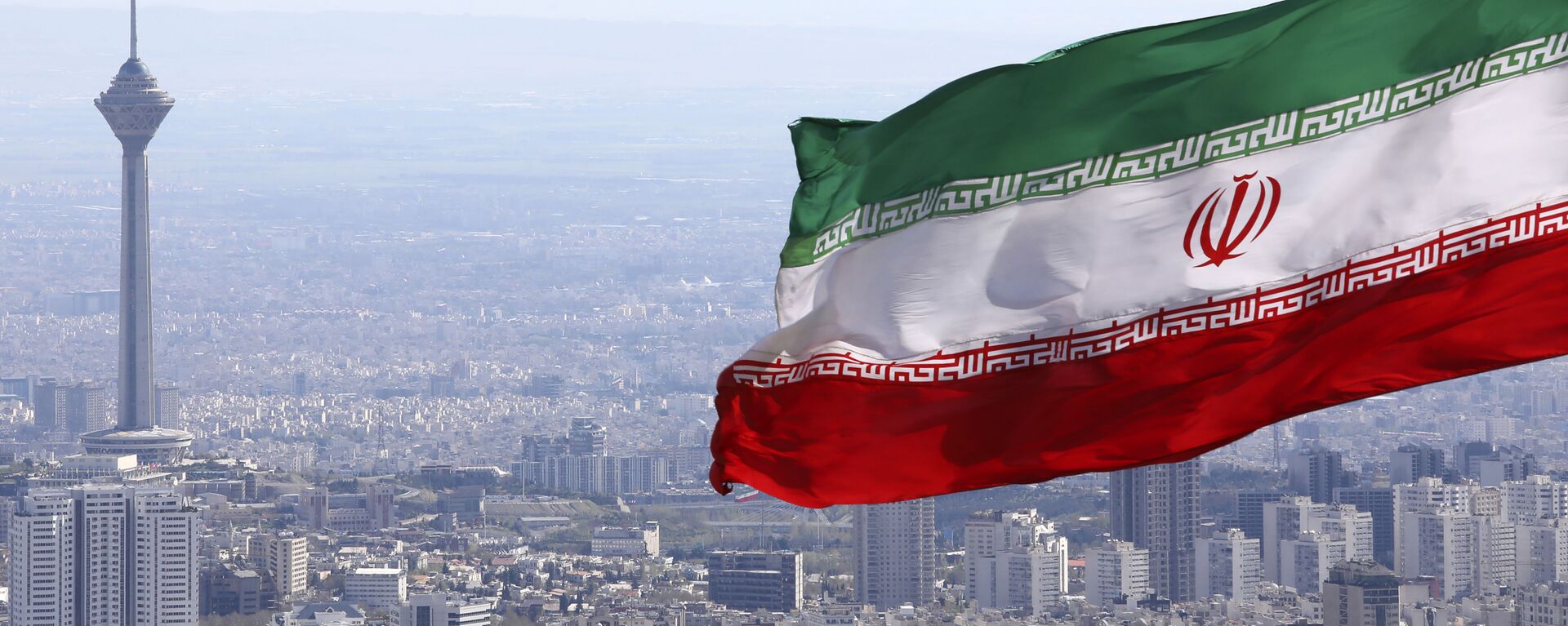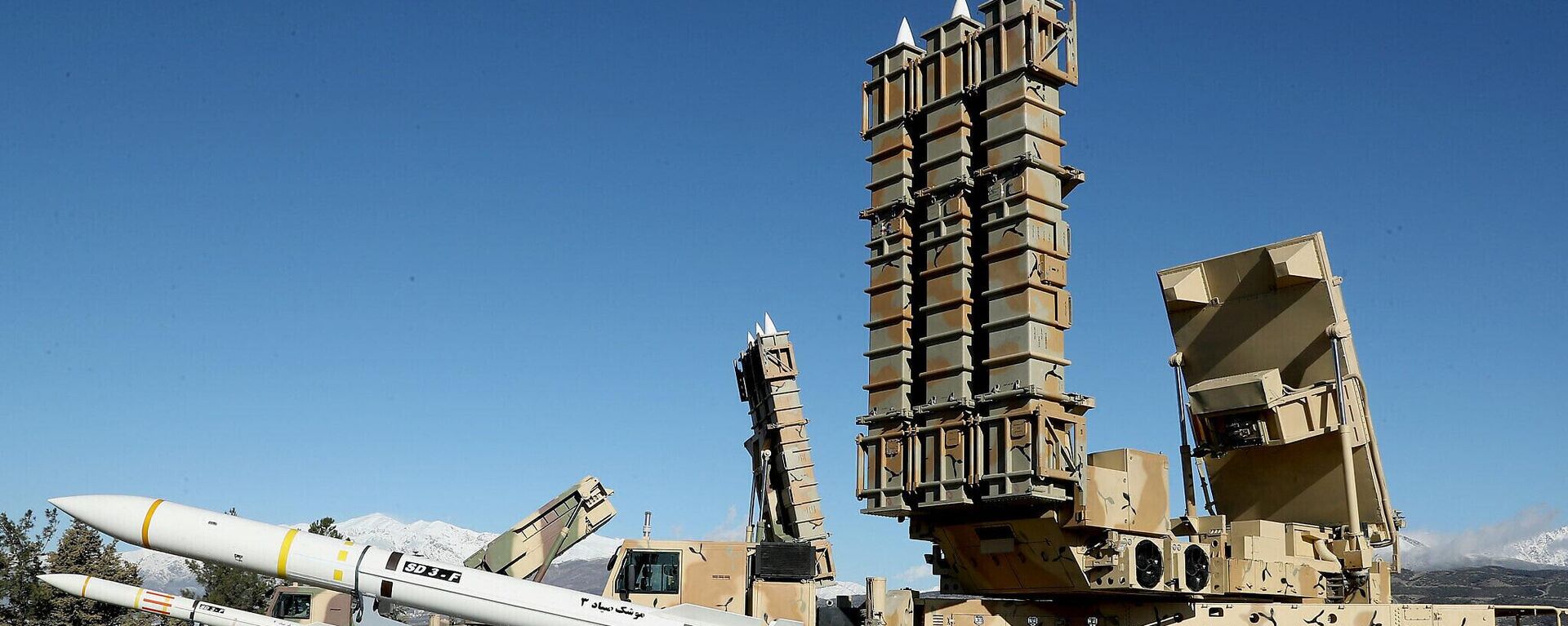Iran Says Retaliation on Israel Will ‘Guarantee Regional Stability’ as Media Talks Potential Targets
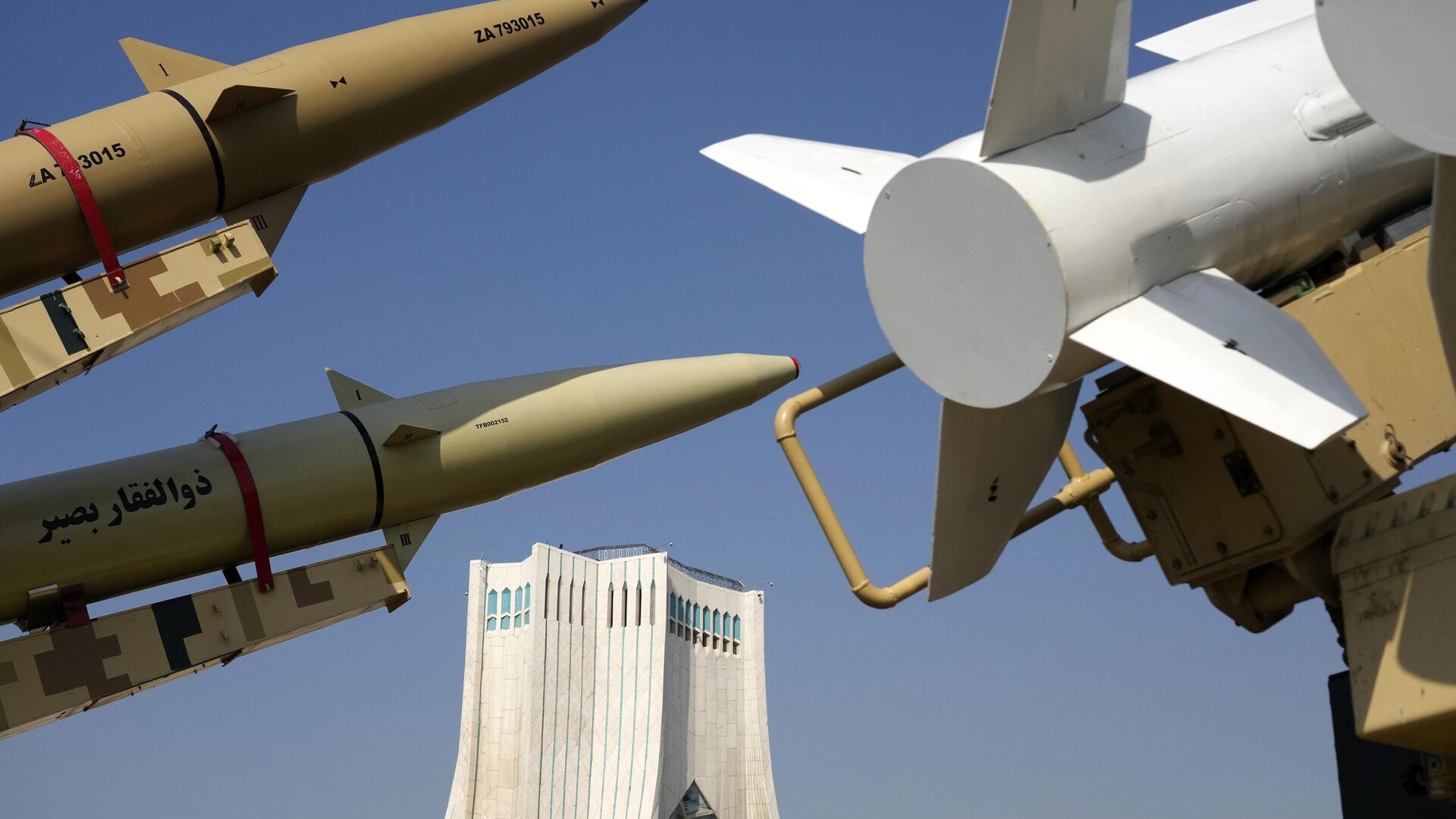
© AP Photo / Vahid Salemi
Subscribe
The July 31 alleged Israeli assassination of Hamas negotiator Ismail Haniyeh in Tehran put Tel Aviv and its allies on high alert in anticipation of an Iranian response. Iranian Supreme Leader Ali Khamenei has vowed to exact revenge for the killing of “a dear guest in our home,” but speculation remains rife about what form the retaliation may take.
Iran’s retaliation over Ismail Haniyeh’s murder will help stabilize the region, not the other way around, Iranian acting Foreign Minister Ali Bagheri has indicated.
“In a telephone conversation with Chinese Foreign Minister Wang Yi, I discussed the latest regional developments, including the actions of the child-killing Zionist regime to expand the scope of tensions beyond Gaza through the recent dangerous actions in Lebanon, Yemen and the assassination of Martyr Haniyeh in Tehran. I emphasized Iran’s legal right to an appropriate and deterrent reaction to ensure the stability and security of the region,” Bagheri wrote late Monday in a social media post after his conversation with Wang.
“Both sides agreed to firmly condemn [Israel’s actions] and to the need for a joint effort by the international community to stop the regime’s aggression and immediately establish a ceasefire in Gaza. China’s foreign minister supported Iran’s legal efforts to defend its sovereignty, security and national honor and expressed China’s desire for close relations with Iran to maintain peace and stability in the region,” Bagheri said.
In his own remarks, published by China’s Foreign Ministry after their conversation, Wang expressed China’s “support” for Iran in its defense of its “sovereignty, security and national dignity in line with the law, as well as its efforts in maintaining regional peace and stability.”
Wang condemned the Haniyeh killing, saying that in addition to its violation of Iran’s security, it “directly” undermined the Gaza peace process and regional stability.
Washington and Tel Aviv, increasingly jittery over what form Iran’s retaliation might take, have taken a series of steps to prepare, with Pentagon chief Lloyd Austin ordering a carrier strike group and missile sub to deploy to the Middle East over the weekend, and Israel reportedly mulling a “preemptive strike” on Iran.
On Tuesday, US Ambassador to Turkiye Jeff Flake told journalists that Washington had asked “all of our allies that have any relations with Iran to prevail on them to de-escalate.” Ankara “seems more confident than we are that it won’t escalate,” Flake said.
Aliasghar Shafieian, campaign advisor to recently elected Iranian President Masoud Pezeshkian, vowed that Tehran’s retaliation would be “mature,” hinting in an interview with US media on Monday that it would not be like the hours-long missile and drone attack launched in April. Haniyeh’s assassination “was an intelligence-based mission,” and “Iran’s response will be of a similar nature and at a similar level,” Shafieian said.
PressTV, the foreign-language broadcasting arm of the Islamic Republic of Iran Broadcasting, published an explainer on Tuesday listing off Iran’s potential targets, were Tehran to take the path of a full-on missile strike.
PressTV contributor Ivan Kesic suspects “the most likely targets” are situated in and around Tel Aviv, and are connected to Mossad, other Israeli intelligence agencies, and military and political decision-making centers.
This plays in with Iran’s earlier demonstrated response to Israeli aggression, according to the observer – namely the April 13 pinpoint strikes on the Ramon and Nevatim air bases hosting the Israeli Air Force jets used to target the Iranian Embassy compound on April 1.
In that attack, Iran demonstrated that even without using its most sophisticated weapons and giving Israel’s allies ample warning time to prepare a large-scale defense, Iranian missiles could still penetrate Israel’s heavily guarded military facilities.
This time around, taking account of Israeli political, military and intelligence structures’ role in plotting the recent string of assassinations and attacks across the Middle East, their headquarters can be expected to be “primary targets,” Kesic believes, pointing to recent Israeli media reports that the buildings of four Tel Aviv-based intelligence and military agencies were evacuated last week.
Iran will have its work cut out for it in ensuring precision, Kesic hinted, pointed out that the Israeli military and intel HQs are situated in the Tel Aviv Metropolitan Area – home to close to half of Israel’s population, and not the uninhabited Negev Desert hosting Israeli air bases.
“An area of exceptional importance is Kirya, a district in central Tel Aviv, which is home to many administrative buildings and the military intelligence Camp Rabin,” which “serves command, administrative, communications and support functions for the Israeli military apparatus,” the observer noted. “The main building in the camp is the Matcal Tower, which houses the offices of the top brass of the Israeli military, surrounded by other high-rise military facilities, such as the communications office Marganit Tower.”
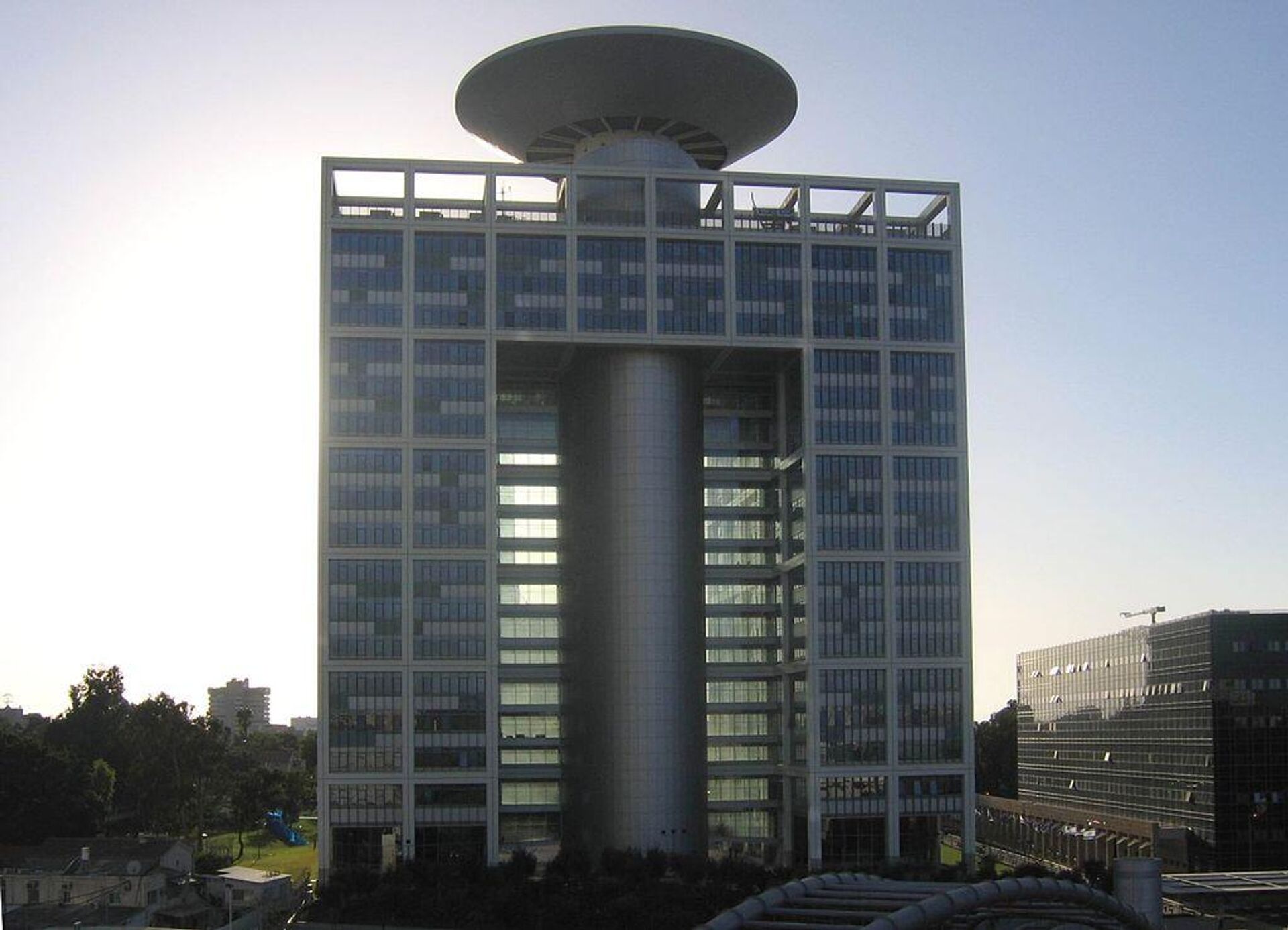
Matcal Tower in the Kyria defense compound in Tel Aviv, Israel. File photo.
© Photo : Beny Shlevich
Essentially, “the Kirya district, known as the ‘Israeli Pentagon’, is much larger in scope than it looks on the map or is officially recognized, due to underground facilities and classified offices in nearby areas,” including the underground Bor (‘Pit’) national military command center, the observer noted.
“This facility is relatively well protected from attacks by short-range missiles, cruise missiles and kamikaze drones, but not from larger ballistic missiles with deep penetration power…so it is a high-value target," Kesic stressed.
Adding to issues which Iran’s military and intelligence may have to resolve is the fact that many Israeli intel sites are classified, often masquerading as civilian buildings, including “multipurpose” high-rises recently built up by land developers in the Kirya area.
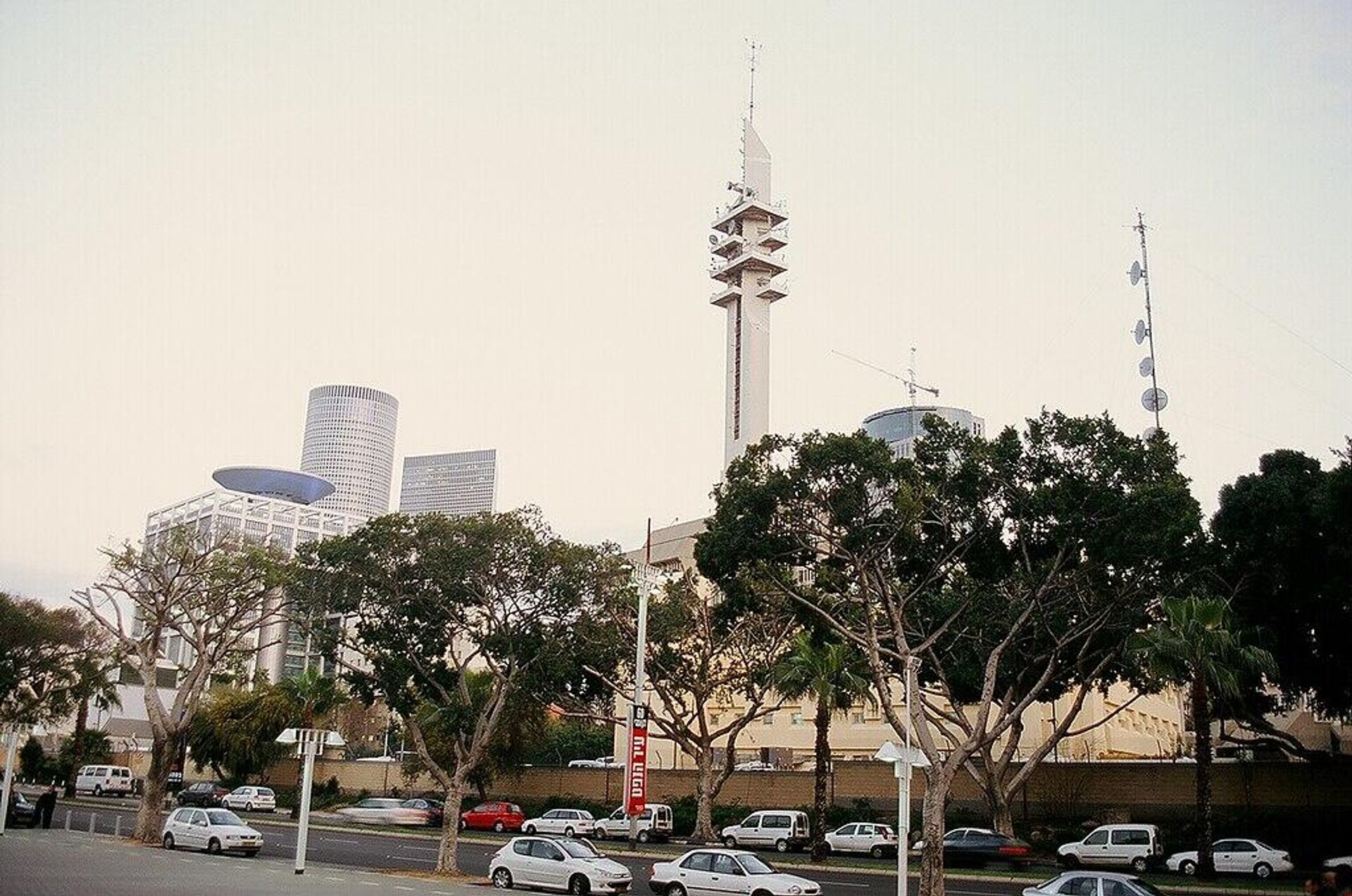
Marganit Tower in Tel Aviv, Israel (center), with Matcal Tower seen to the left. File photo.
© Photo : Daniel Maleck Lewy
“The wider metropolitan area of Tel Aviv is also home to numerous factories, military bases and other regime buildings that can be the target of retaliatory strikes,” Kesic pointed out.
On top of that are three large bases on the city’s outskirts or in relative proximity, including the operational HQ of the IDF’s Unit 8200 intelligence corps, Palmachim Airbase, and the Tel Nof and Sdot Micha air and missile bases, which station Israel’s suspected arsenal of nuclear weapons.
Whatever form Iran’s response may take, Tehran can rest assured that the actions it and its Axis of Resistance partners have already taken after the flare-up in regional tensions that began last October have had a major impact on the calculations and actions of Israel and its allies. In ten months, Israel has proven unable to defeat Hamas in Gaza, faced a series of increasingly large-scale skirmishes with Hezbollah in Lebanon, confronted a surprisingly effective blockade of the Red Sea by Yemen’s Houthi militias, and faced a series of drone and missile attacks from Shia militias in Iraq targeting both Israel and US occupation forces.

